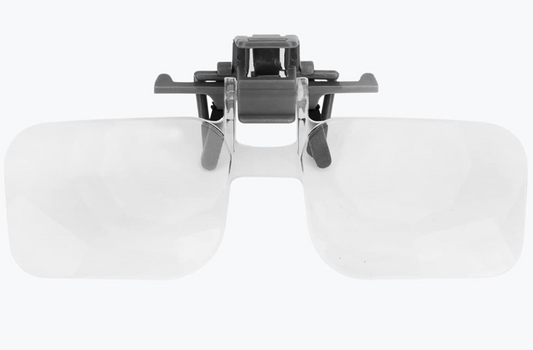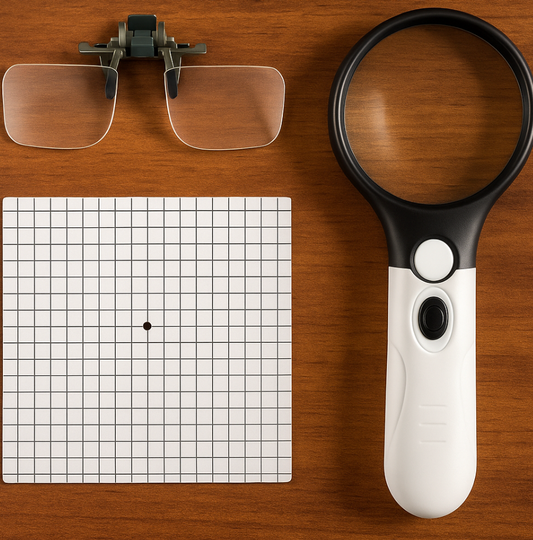Optometrist or Ophthalmologist?
Share
Education and Training
-
Optometrist:
- Education: Optometrists typically complete a four-year undergraduate degree followed by four years of professional education at a college of optometry, earning a Doctor of Optometry (OD) degree.
- Training: Their training focuses on vision care, eye exams, and diagnosing and managing common eye conditions and diseases.
- Current schools of optometry are training their students in advanced procedures such as laser treatments, removal of small lumps and bumps and other procedures to help patients with receiving streamlined care.
-
Ophthalmologist:
- Education: Ophthalmologists complete a four-year undergraduate degree, four years of medical school (earning a Doctor of Medicine (MD) or Doctor of Osteopathic Medicine (DO) degree), and a residency program in ophthalmology, which lasts three to four years.
- Training: Their training includes comprehensive medical and surgical training, allowing them to perform surgeries and treat complex eye conditions.
Scope of Practice
-
Optometrist:
- Services: Optometrists provide primary vision care, including eye exams, vision testing, prescribing corrective lenses (glasses and contact lenses), diagnosing and managing common eye conditions (like dry eye, conjunctivitis, AMD, glaucoma and many more)
- In most states & provinces they can prescribe topical and oral medications for eye conditions.
- You do not need a referral to see an optometrist and can usually get in quickly in emergent cases.
- Referrals: They can refer patients to ophthalmologists for specialized care or surgical interventions.
-
Ophthalmologist:
- Services: Ophthalmologists provide a broader range of services, including performing eye surgeries (such as cataract removal or LASIK), diagnosing and treating complex eye diseases (like glaucoma, diabetic retinopathy, and retinal disorders), and managing overall eye health.
- Specializations: Some ophthalmologists may further specialize in specific areas, such as pediatric ophthalmology, cornea and external disease, or ocular oncology.
Summary
In summary, optometrists are doctors who primarily focus on vision care, disease diagnosis & management and corrective lenses, while ophthalmologists are doctors who can perform surgery and treat certain eye diseases and conditions.
Depending on your needs, you may visit either an optometrist for routine vision care or an ophthalmologist for more specialized medical treatment. Typically low vision patients will have care managed by both during their lifetime.
Low vision patients may choose to see specialized optometrists who work only with low vision patients to help provide telescopes and other aids that are more specialized for severe vision loss.



